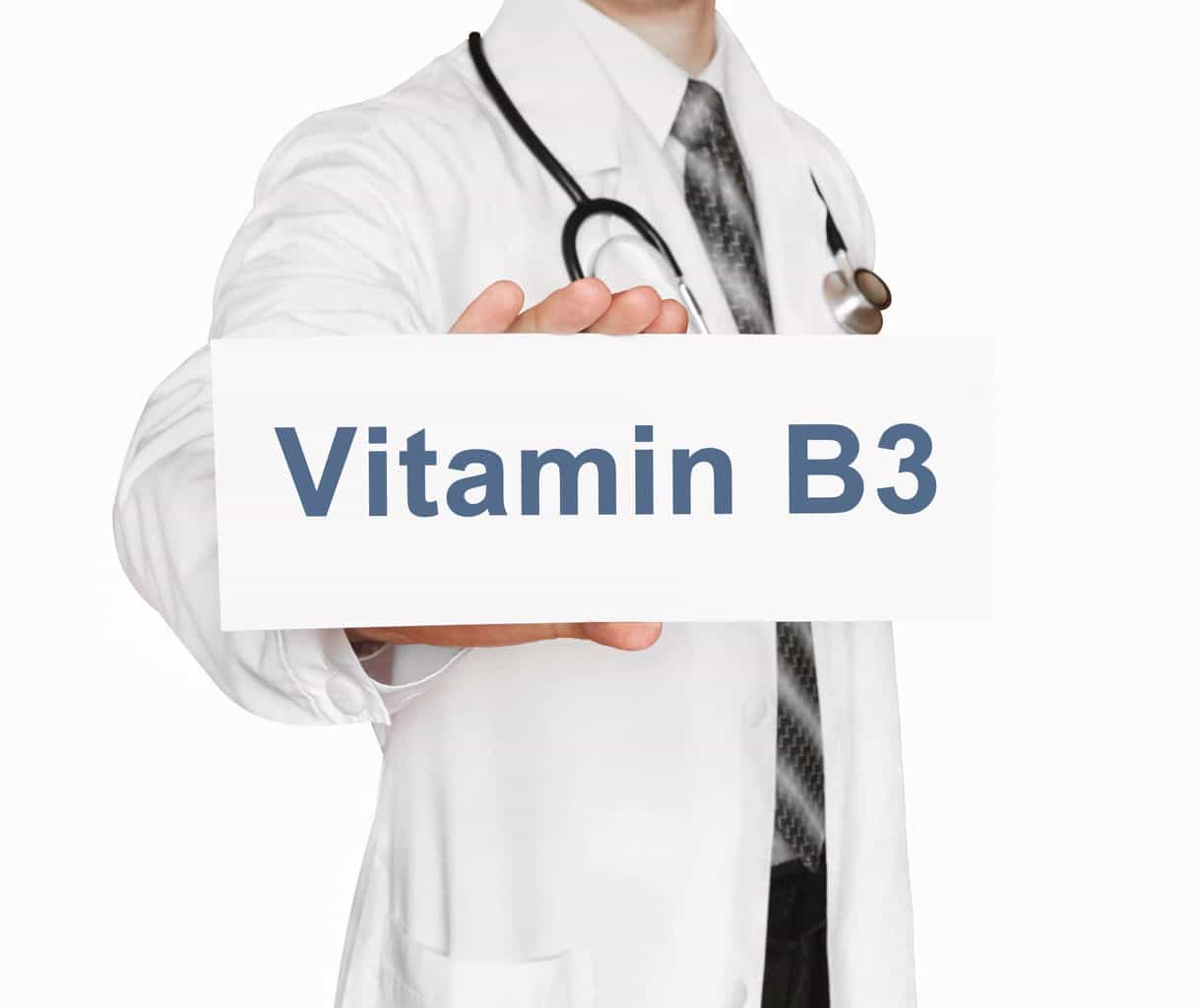
[cmamad id=”6652″ align=”center” tabid=”display-desktop” mobid=”display-desktop” stg=””]
What do cancers like to eat?
Wouldn’t we all like to know how we can eat in such a way as to not feed cancer?
Many researchers estimate that by the age of 50, most all of us have cancer cells in our bodies.
It’s only our body’s defense mechanisms that keep cancer at bay.
So the last thing we want to do is to feed cancer.
There is a pervasive idea on the internet that cancer loves sugar.
And therefore sugar is bad, and we should not eat any sugar because it feeds cancer.
However, the research does not bear this out at all.
Sugar and cancer really have no relationship at all.
Here is a brand-new study that shows how cancer prefers to grow in the presence of a high-fat diet:

In this case, the body has converted some of that fat into what is called ketone bodies.
You may be familiar with a ketogenic diet, which is a low-carb high-fat diet.
It’s very much in vogue today.
But reading this newsletter will hopefully change your mind about the benefits of a ketogenic diet.
In fact, this study showed exactly why you should avoid ketogenic diets.
They may as well be called the cancer diet.
[cmamad id=”6653″ align=”center” tabid=”display-desktop” mobid=”display-desktop” stg=””]
The researchers tried many different things to determine what cancers eat.
For example, they injected ketones into rats and observed the cancers growing quickly.
We found that injection with acetoacetate, resulted in increased growth rates and masses of tumors.
They even made sure that:
The increased tumor growth mice fed a high-fat diet was not due to differences in food intake amounts.
Now here is where it gets very interesting.
There are several common supplements that lower fat levels in the body.
They don’t lower fat levels in the cells.
Instead, they lower fat levels in the bloodstream, what are called free fatty acids.
One of these supplements is simple aspirin.
Another is vitamin B3.
The researchers tried vitamin B3, and they tried a common cholesterol statin drug.
I wish they had tried aspirin.
But I’m sure the results would have been very good.
We found that stain or VITAMIN B3 treatment effectively attenuated tumor growth.
Anything that maintains lower free fatty acids in the blood is going to slow down the growth of most, if not all, cancer tumors.
This includes aspirin and vitamin B3, niacinamide.
If cancer truly loves sugar, then aspirin and vitamin D3 would not slow down the growth of tumors.
These researchers found that cancer loves ketone bodies which come from a high-fat diet.
Over thousands of years, humans have eaten a high carbohydrate, low-fat diet.
When you look at people that live a long time in places like Okinawa or Sardinia, you find that they eat a high carb low-fat diet.
But our modern Western diet is very high in fats, especially bad fats that contribute to cancer.
Anybody who wants to minimize cancer will adopt a reasonable medium or low-fat diet.
And they’ll avoid a ketogenic diet.

http://www.cell.com/cell-metabolism/fulltext/S1550-4131(16)30643-X

Leave a Reply